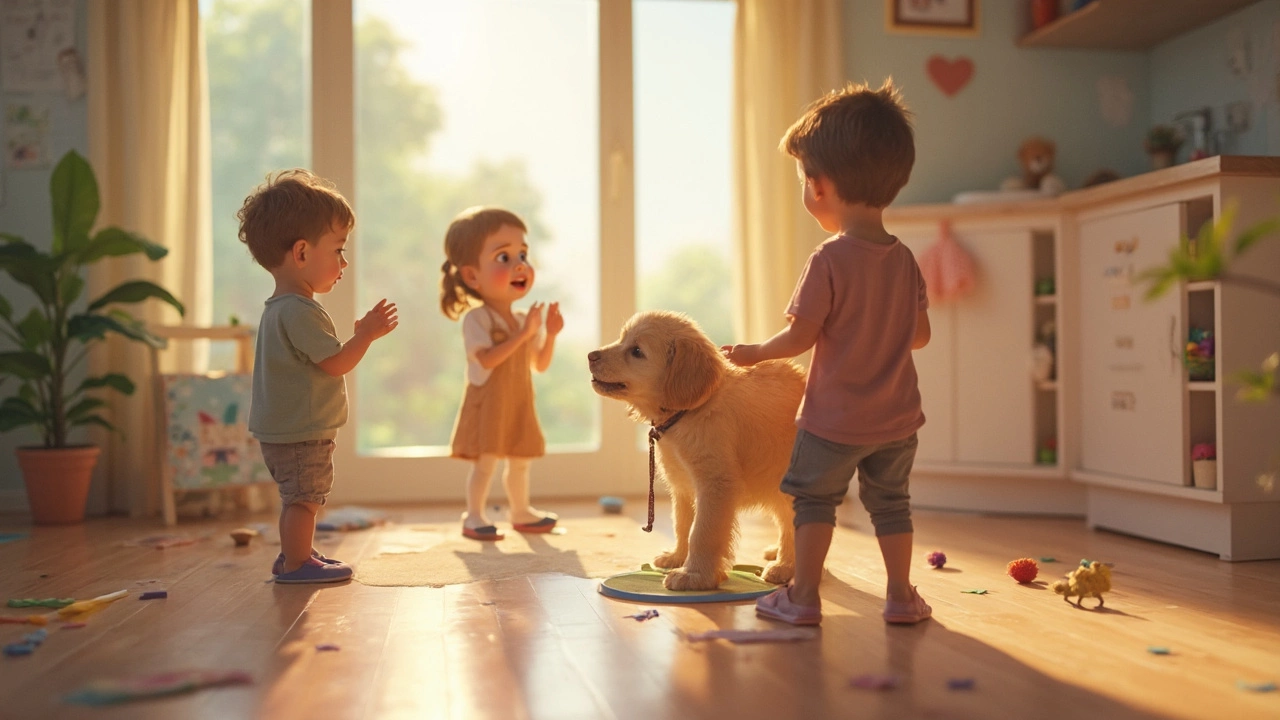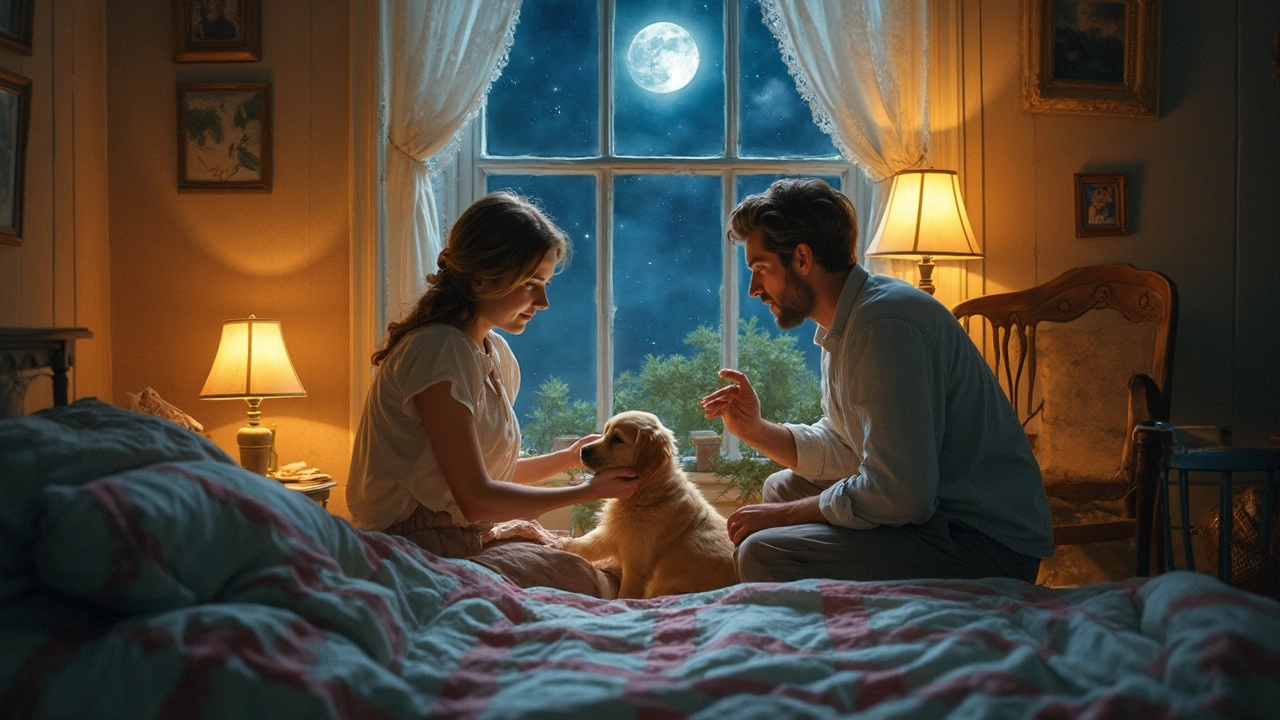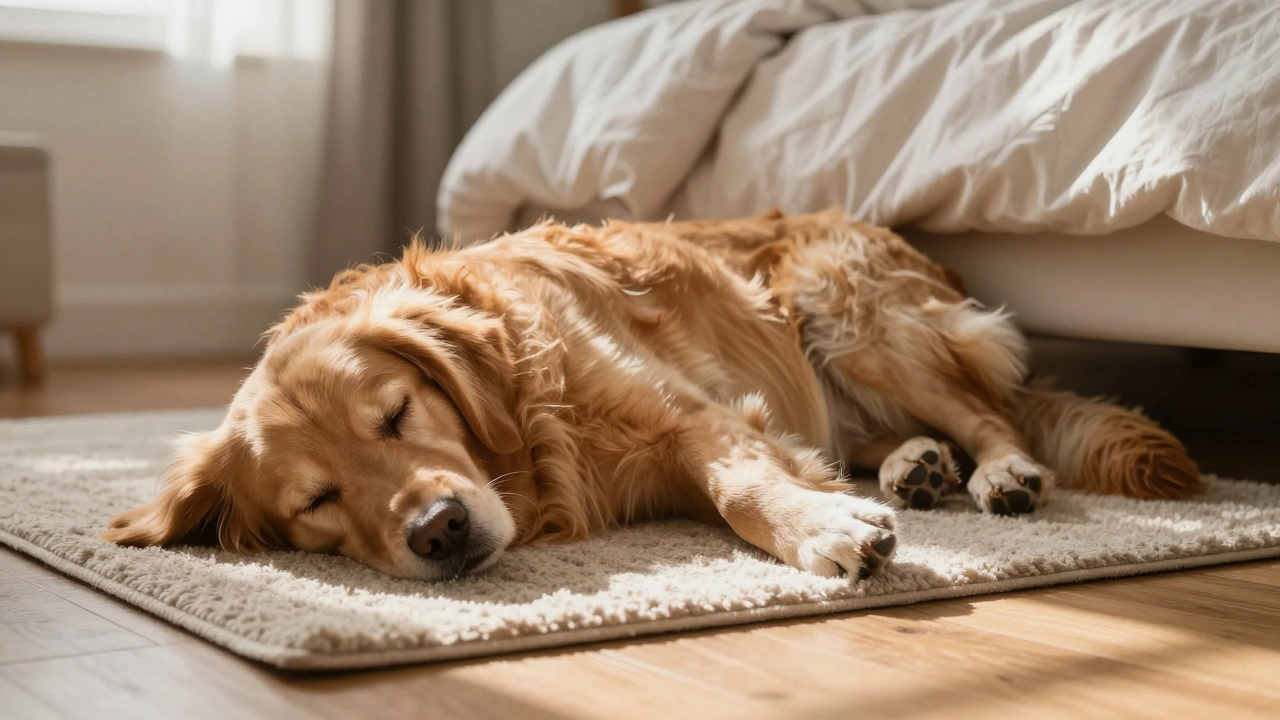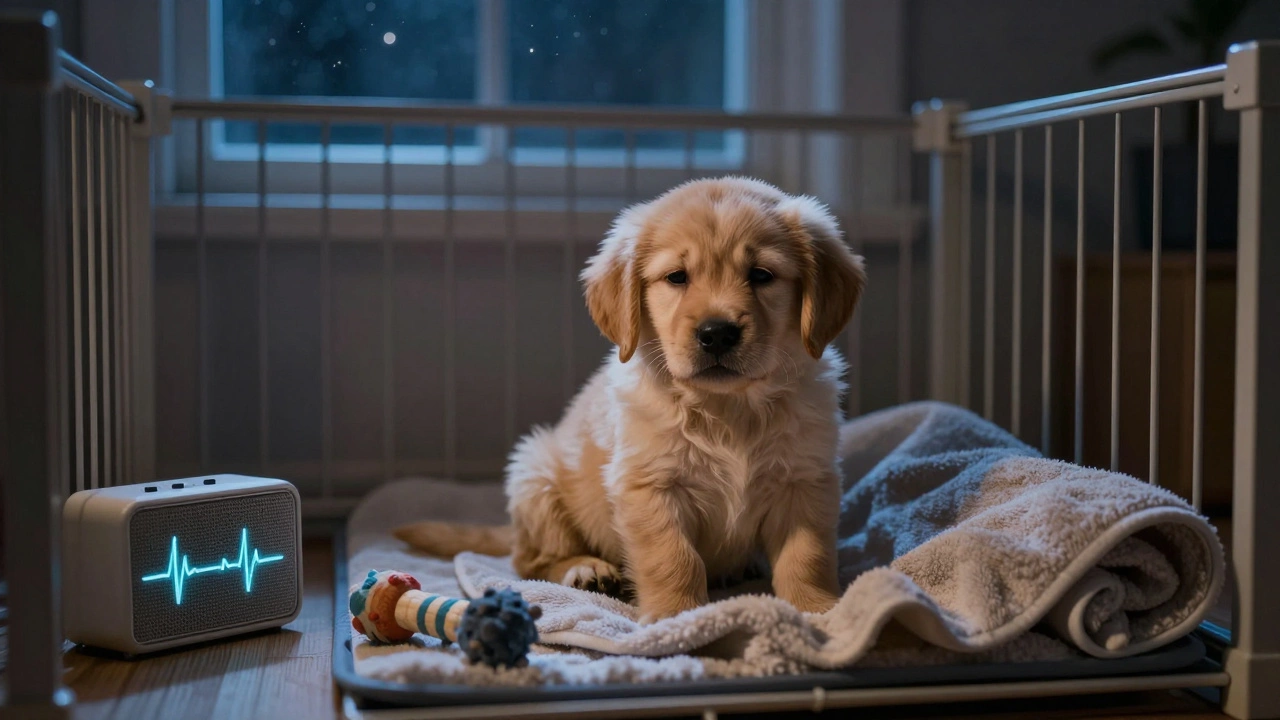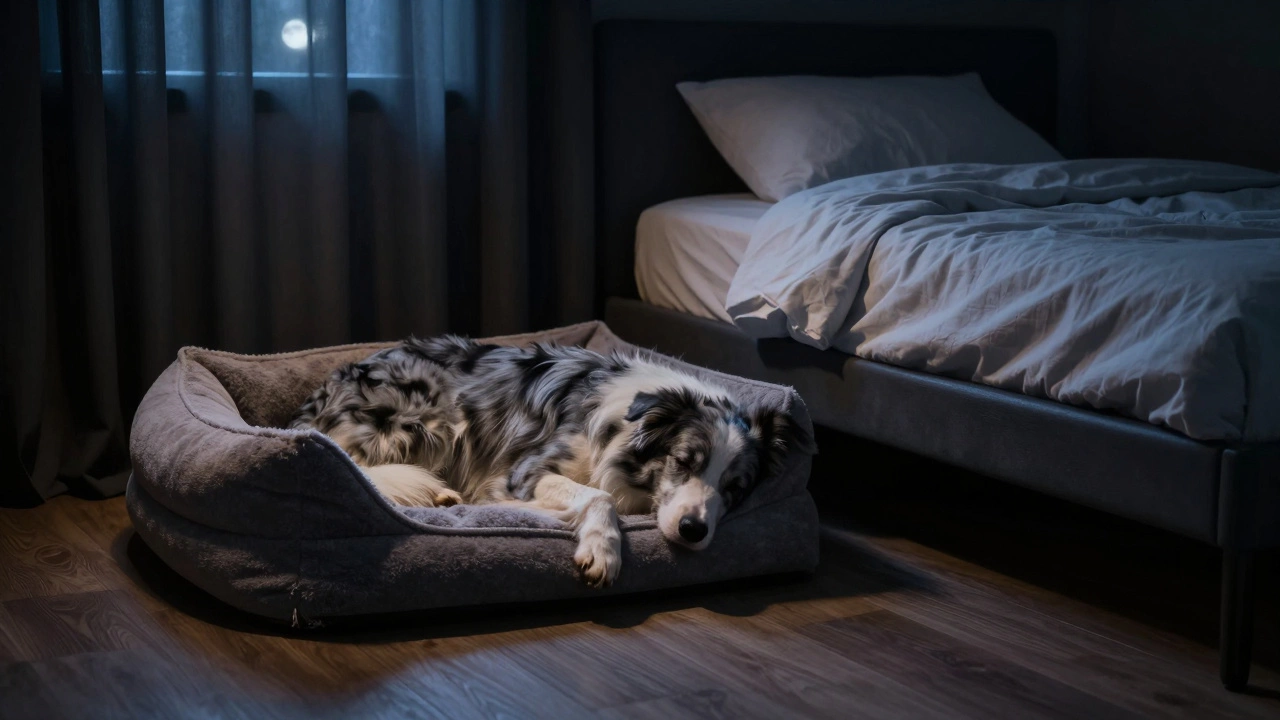Puppy Potty Training Made Easy: Start Strong Today
Got a new pup and the messes are piling up? Potty training doesn’t have to be a nightmare. With a few practical habits you can teach your puppy where and when to go, and keep your floors spotless.
Set a Consistent Schedule
The most reliable way to avoid accidents is to feed, water, and walk on a set timetable. Puppies usually need to go out after waking up, after meals, after play, and before bedtime. Mark those times on a phone reminder so you never miss a trip.
When you take your puppy outside, pick a specific spot and use the same cue word – like "go potty" – each time. Repeating the cue helps the pup associate the sound with the action. Stay patient; the puppy might sniff around for a minute before actually doing business.
Keep a log for the first week. Write down the time you went out and whether the puppy went. Patterns will show up quickly, and you’ll know the exact windows that work best.
Read Your Puppy’s Signals
Before you even step outside, watch for signs: circling, sniffing the floor, or sudden restlessness. Those little clues mean the bladder is getting full. As soon as you spot them, head straight to the designated spot – don’t wait for a full‑blown accident.
If you catch a mistake in the house, interrupt gently with a "no" and bring the puppy outside right away. Don’t punish after the fact; a dog can’t connect a scold that comes minutes later with the earlier accident.
Reward the successful trip with a quick treat or enthusiastic praise. The reward should be immediate so the pup links the good behavior with a positive feeling.
Crate training can speed up housebreaking because most dogs won’t soil where they sleep. Choose a crate just big enough for the puppy to stand, turn around, and lie down. When you’re not home, keep the pup in the crate and let them out for bathroom breaks at the scheduled times.
Cleaning up accidents the right way is crucial. Use an enzyme cleaner so the scent disappears; otherwise the pup might think it’s okay to go there again. Avoid ammonia‑based cleaners – they smell like urine to dogs and can encourage repeat spots.
Consistency is the secret sauce. Everyone in the house must follow the same schedule, use the same cue word, and reward the same way. If one person lets the puppy nap on the couch after an accident, the training will stall.
Patience pays off. Most puppies catch on within a month if you stick to the routine, but some take longer. Keep the tone upbeat, stay calm during setbacks, and celebrate the small wins.
By the time your pup is a few months old, the bathroom routine will feel as natural as eating. You’ll have a clean home, a confident dog, and fewer stressful clean‑ups – all thanks to a simple, consistent plan.
How Long Does It Realistically Take to Potty Train a Puppy?
Getting a puppy potty trained is a wild ride—expect some surprises and setbacks. Most puppies need 2 to 6 months to really get the hang of doing their business outside. The truth? Every pup learns at its own pace, and a few clever tricks (like the right toys) can make the process smoother. The article breaks down what to expect, common mistakes, and some easy ways to speed things up. With the right setup, you'll get there with a lot less stress.
Should I Wake My Puppy at Night to Go Potty?
Navigating the world of puppy parenting, many wonder if waking up their puppy at night for potty breaks is necessary. Puppies have small bladders and might not hold it through the night. Training them for nighttime potty isn't just about comfort but also keeping your home accident-free. This article explores the importance of understanding your puppy's needs and tips to manage their nighttime routines effectively.

